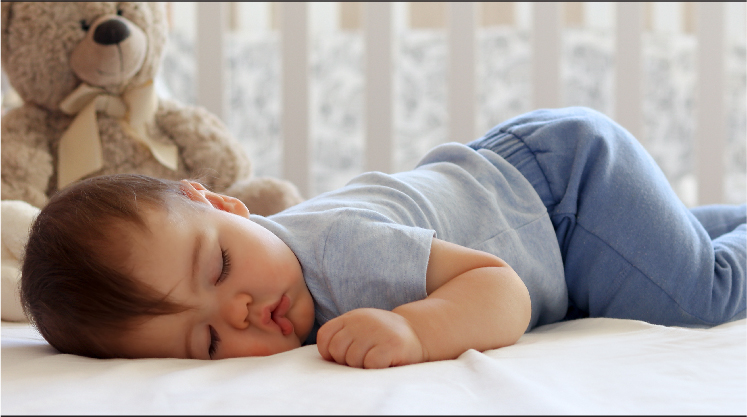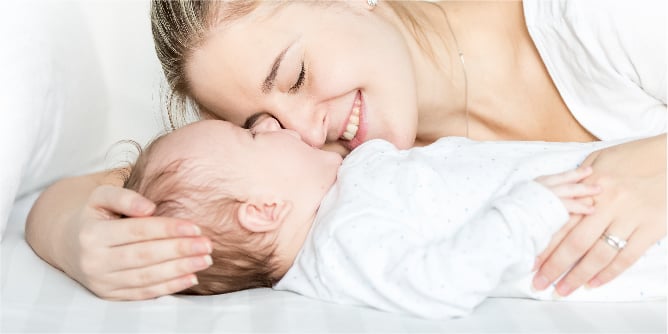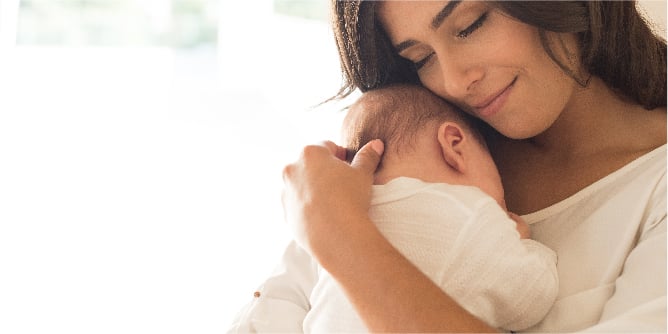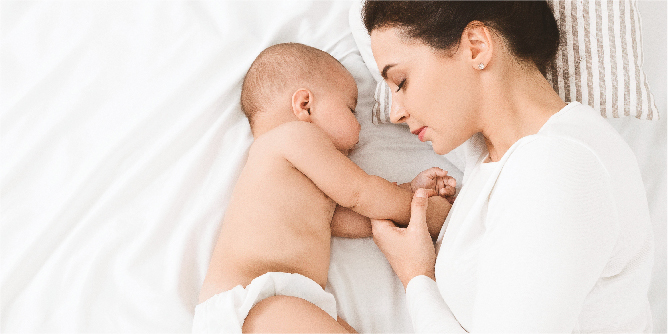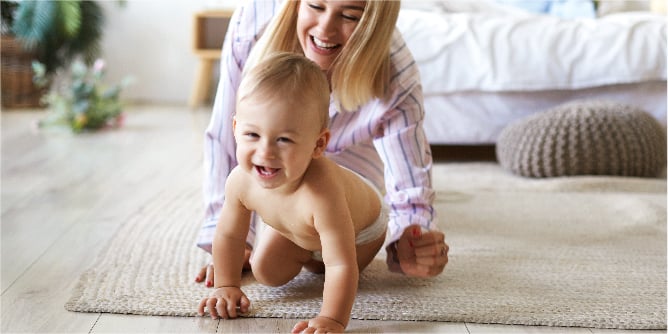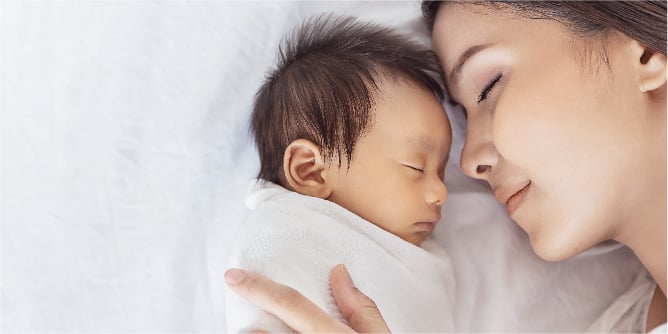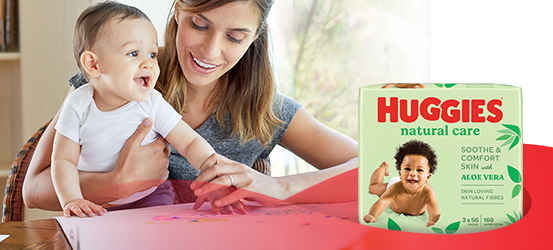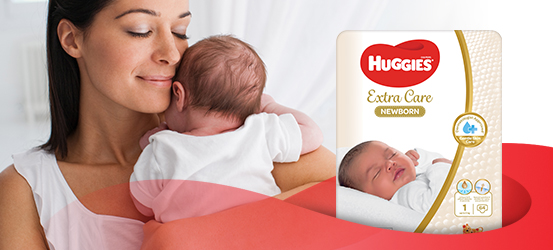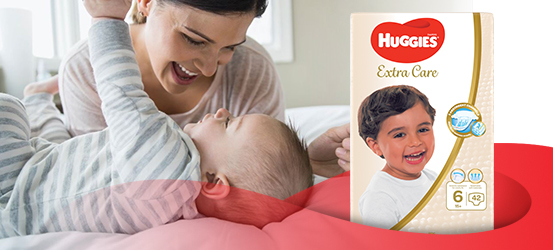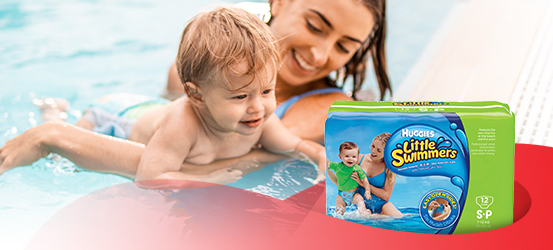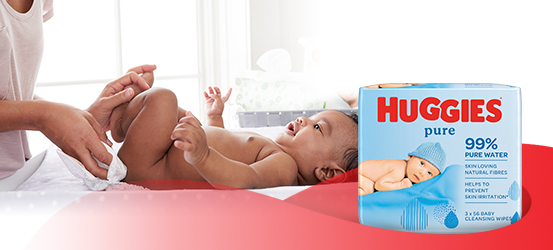1. A sight to see
By four months, babies can focus their eyes well on objects all over the room, although most babies prefer to watch things that are close by. Facial expressions are still the most interesting sight for babies, but they now begin to follow all objects intently with their eyes. And since babies have an inborn preference for bright colours, you may want to add some vivid rainbow hues to the pastels most of us associate with a baby's room.
2. So many sounds!
Listening is also becoming more important now for your baby, who delights in the sound of your voice as you talk, sing or hum. By four months, your baby will even be able to distinguish your voice from others. A four- month-old will enjoy the sound of wind chimes or even the ticking of a clock, and will probably delight in a music box fastened on the side of the crib.
3. Reach out and touch
Every day your baby will be concentrating on connecting sights and sounds with the sense of touch. At first, babies aren't really aware that their hands are part of themselves. Infants will watch their hands pass before their eyes and laugh as one hand grasps the other. Gradually, babies begin to bat at crib toys and, if their hands happen to touch one, they may stop in surprise.
By the fourth month, the reflex that causes clenched fists in infants disappears, and they are able to open, close and intertwine their fingers. Then, at five months, babies are able to reach for and grasp an object, transfer it from one hand to the other and finally bring it to the mouth for further exploration.
It's exciting for babies to discover that they can have an effect on things. By taking an interest in things outside themselves, they are taking an important step.

